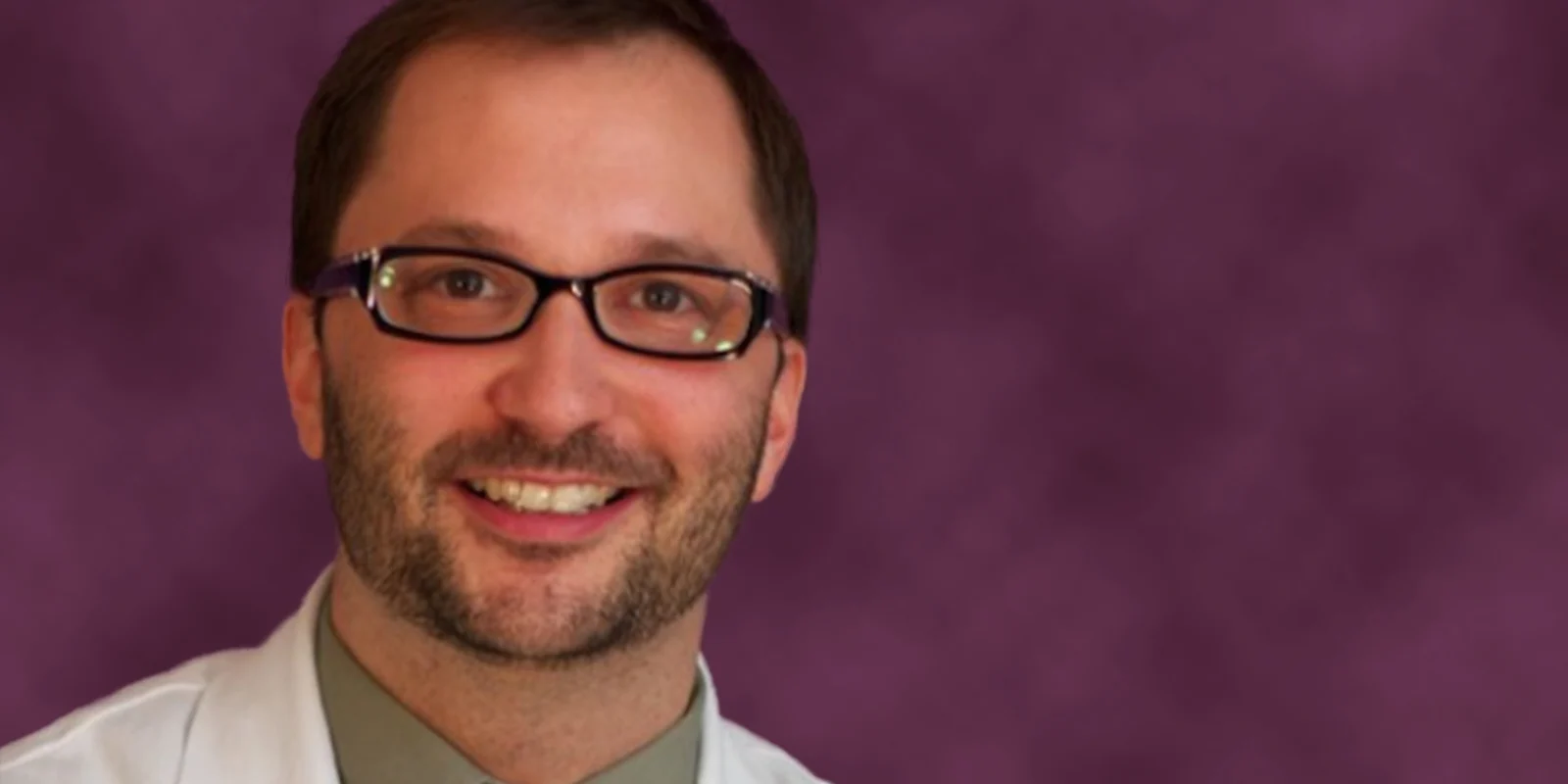
Dr. Anthony Charles Breu III is an Internal Medicine hospitalist who helps educate others about best new practices. Dr. Breu is well-positioned to do this as the Director of Resident Education in the VA Boston health care system, and faculty member for The Center of Bioethics at Harvard. He cares about medical education for all and often thinks about (and tweets about) TWDFNR (Things We Do For No Reason), which is a collection of things medical professionals do or recommend to patients that don't really have any bearing on outcomes. He also has a lot of learnings from working with veterans, a group he has co-authored a handful of publications on. Dr. Breu has been based in the Northeast for most of his training — he went to school at Warren Alpert Medical School of Brown University and completed his Internal Medicine Residency at Beth Israel Deaconess Medical Center. We caught up with him to see what he had to say about what he's learned, how he works, and what he can teach others.
What He Can Teach Others
As Director of Resident Education, what is the most important lesson to instill in a new resident?
Curiosity is essential. Curiosity will fuel us to ask our patients questions that may reveal an elusive diagnosis. Curiosity will drive us to seek answers to clinical questions that lead to improved patient care. And curiosity helps to keep us humble about all that we don’t know, all the while invoking the excitement that we first experienced as early medical students.
What is something you've learned from working with veterans that other physicians should know?
One of the great pleasures of my job is caring for veterans. Though they are entitled to the care they receive at my hospital, they are not entitled. And, they are brilliant, funny, and have the most interesting stories. If only we take the time to ask.
What advice would you give to a physician trying to grow a social media following?
Don’t worry about growing your social media following. I have been lucky to find a niche on social media, and with that, a following. But, it started by asking a “why” question and realizing that others have similar questions. If you engage in things you care about passionately, you will do them well. People will see this and they’ll want to hear more.
How He Continues Learning
What is the last journal article or piece of research that you feel significantly changed Internal Medicine?
I have recently read through much of the literature on chemoprophylaxis for venous thromboembolism in hospitalized medical patients. There are a number of randomized control trials addressing this issue, but almost all are problematic. In particular, the three most influential studies all included asymptotic deep vein thrombosis as part of their primary endpoint. It was this outcome that differed enough between the treatment and control arms, leading to “positive trials.” While I still believe that chemoprophylaxis has a role, I have become less convinced of the magnitude of its importance.
What are you learning now? Why is that important?
I am fortunate enough to be giving a talk, along with Adam Rodman, on the history of syphilis at the ACP Internal Medicine conference. In preparation, I have been learning about the pathophysiology of the disease, which is endlessly fascinating. And, because we are unfortunately seeing an increase in syphilis cases, understanding this ancient disease remains very important in 2019.
What is the best (or worst) advice you have ever received?
When I was applying for my first position out of residency, I was advised to strongly consider going elsewhere (as opposed to staying at the program where I had trained). Though I did not initially take this advice, life eventually forced me to move away. Doing so was invaluable. Seeing that the way my hospital/program did things was not the only way to do them provided perspective I wouldn’t have other had access to.
What is the biggest challenge or obstacle as an internist?
As an internist, I sometimes do not realize what I don’t know. When one recognizes that they don’t know what to do, it’s easy to call on others (e.g., a specialist) to assist. But, when one ignorantly believes they are doing the right thing and fails to call on others, problems arise. This is one of the virtues of working on teams. And, the teams need not be composed of residents and students. My team includes nurses, physical therapists, social workers, among others. Having open lines of communication and trust allows me to hear when they say, “Are you sure…?” This clues me into a potential knowledge deficit.
How He Works
What is your favorite part about being in medicine?
It is impossible to select one favorite. But, one aspect of medicine that immediately comes to mind is the diversity of communities. For me, my communities include hospitalists nationwide, clinicians providing care to veterans, medical educators, those who engage in #MedTwitter, and many more. And while there is certainly overlap, each community provides a different stimulation and perspective.
What is your favorite way to unwind after a long day?
I have two young children (ages four and one), so much of my free time is spent playing peek-a-boo and Candyland. My 4-year-old daughter gets first selection on our movies, so I have been “binge-watching” "The Incredibles 2," which means watching it almost daily. Fortunately, it’s an excellent movie.
How do you want to be remembered by your patients and colleagues?
I hope my patients see me as empathic and as someone who works to help them achieve their goals. I hope my colleagues see me as someone who always asks “why,” not to be contrarian or difficult, but instead because this is the most essential question we must ask of anything we do.






